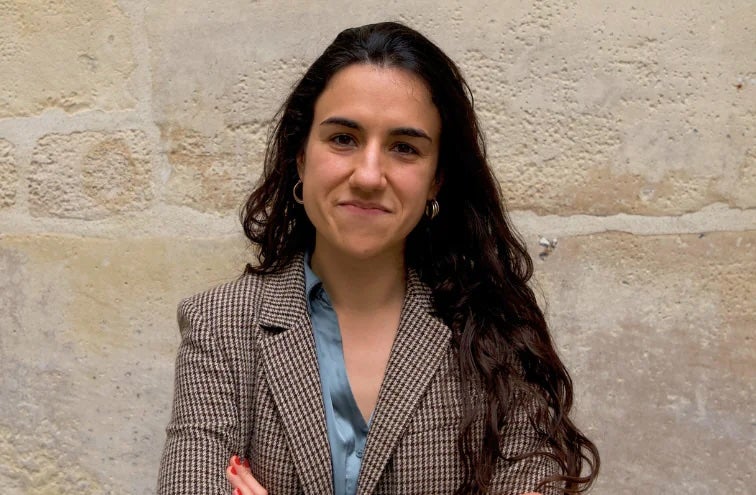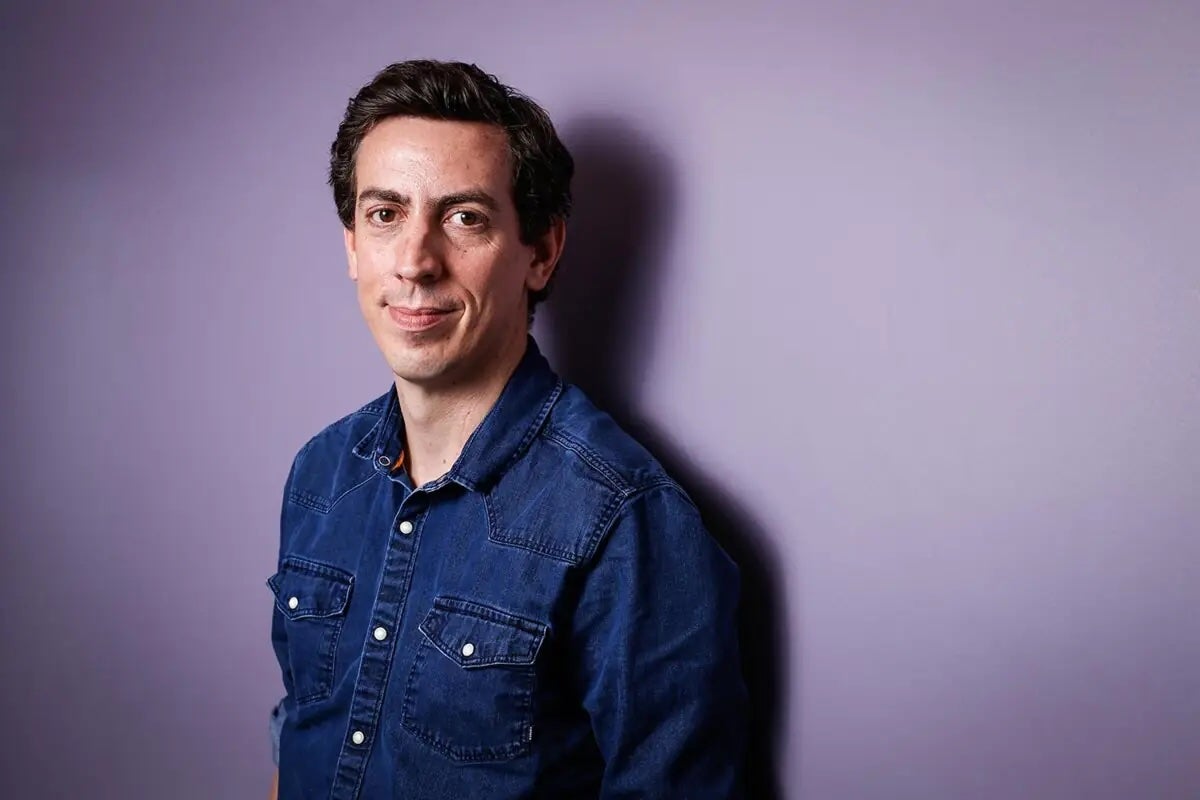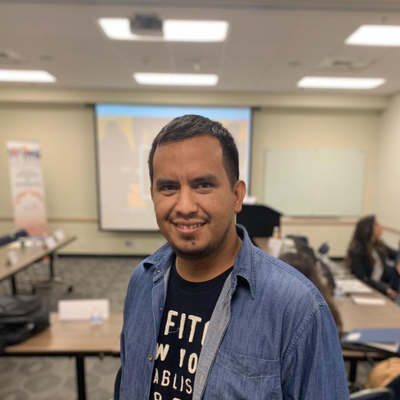Paraguayan journalists face levels of violence that have largely gone unnoticed internationally. In cities like Pedro Juan Caballero, where key organized crime routes converge in South America, members of the press are murdered at rates similar to those in Acapulco, Mexico, one of the deadliest areas on the continent for journalists.
That’s according to organizations Forbidden Stories and the Organized Crime and Corruption Reporting Project (OCCRP), which joined with a group of partners from various countries to shed light on the problem through a collaborative investigation known as Alianza Paraguay.
For this project, the organizations set out to investigate the impunity surrounding the murders of 19 journalists over more than 30 years in Paraguay. After 18 months of investigation, they discovered that corruption and the infiltration of organized crime have turned the South American country into a danger zone for journalists.
Nuestra nueva investigación, disponible mañana.
La #Alianza Paraguay fue coordinada por Forbidden Stories y @OCCRP, en colaboración con @cuestion_p, @revistapiaui, @LANACION de Argentina, @ladiaria, @IrpiMedia, y DDoS. @ABCDigital colabora como socio en la republicación de… pic.twitter.com/LtUj5LePvC— Forbidden Stories (@FbdnStories) July 8, 2025
But they also reported a chain of negligence by authorities regarding the murders of journalists, which have gone virtually unpunished to this day.
“We were able to reveal the impunity after some cases regarding the corruption of some political figures, and the lack of investigation on the killings of some journalists as well,” Forbidden Stories founder and executive director Laurent Richard told LatAm Journalism Review (LJR). “I think this project is very interesting as well to show how corruption is always the main threat for democracies and for defending press freedom, and the ability for reporters to work.”
The founding mission of Forbidden Stories is to continue the work of reporters who have been silenced through imprisonment, kidnapping or murder anywhere in the world. For Alianza Paraguay, the consortium picked up the work left unfinished by journalists Lourenço “Léo” Veras, who was shot dead in 2020, and Cándido Figueredo, who was forced into exile after Veras's death.
The result was three reports published on July 8 by participating media outlets and republished by nearly a dozen allies around the world. One of the reports delivers important findings from the investigation into arms trafficking that Veras and Figueredo were unable to publish. Another addressed the alleged drug trafficking ties of Paraguayan congressman and businessman Eulalio "Lalo" Gomes Batista, who was assassinated in 2024 in a police operation.
A third report said the Paraguayan federal prosecutor's office refused to adequately investigate "Minotauro," alias of the leader of the criminal organization that allegedly ordered Veras's murder from prison. According to court documents obtained by Alianza Paraguay, this happened despite repeated requests for cooperation from the federal prosecutor's office in Brazil, where the journalist was originally from.
The consortium reported that Paraguayan judicial authorities even allegedly obstructed Brazilian investigations into "Minotauro," who remains in prison for drug trafficking offenses, but without a formal case for the journalist's murder. The only person arrested in the case, one of the alleged perpetrators, was acquitted in 2022 due to a lack of evidence. This acquittal was overturned months later and he remains at large.
Members of Alianza Paraguay reported that negligence is present in the cases of almost all of the 19 journalists murdered in the last three decades.

Forbidden Stories journalist Sofía Álvarez Jurado co-coordinated the Alianza Paraguay investigation. (Photo: Screenshot from the Forbidden Stories website)
“There are files that get lost, papers that are misplaced…” Sofía Álvarez Jurado, co-coordinator of Alianza Paraguay and author of one of the reports, told LJR. “In the case of [the 1991 murder of journalist] Santiago Leguizamón, his son, Dante, told us that at times the prosecutor's office had even refused to carry out simple procedures like translating documents from Portuguese into Spanish. And more negligence like this.”
The journalist said that only in the murder of Pablo Medina, a correspondent for the newspaper ABC Color who was killed in 2014, have the authors of the crime been identified and convicted, and the involvement of organized crime been proven.
Álvarez Jurado said that negligence and impunity are especially evident in the cases of the three women on the list of journalists murdered since 1991 in Paraguay. Two of these cases, she added, were treated as "crimes of passion" by authorities and subsequently closed.
"These are two practically identical cases: young journalists who reported on local corruption and the police in a small town, near the border, and who end up murdered. And their cases are quickly dismissed as 'crimes of passion,'" Álvarez Jurado said.
One of the cases concerned Yamila Cantero, a radio journalist murdered on July 6, 2002, near the Argentine border. In its investigation, Alianza Paraguay reported that the Paraguayan prosecutor's office never contacted the journalist's family and that even the physical case file was lost.
“I saw a truly open wound in a family that has gone 23 years without an official response,” said Álvarez Jurado, who spoke with Cantero’s brother as part of her investigation. “He told me that the response the prosecutor’s office had given them never convinced them. [...] If you have a case that happened 23 years ago involving a woman journalist that no one cares about, that is dismissed as a crime of passion, and forgotten, it seems devastating to me.”
The journalist said the Paraguayan prosecutor's office did not respond to Alianza Paraguay's questions, arguing that they are not authorized to provide information about ongoing investigations. Instead, it sent a statement with alleged advances in the cases of journalist murders.
In early 2024, members of the Forbidden Stories team traveled to Paraguay, specifically to Pedro Juan Caballero, a city bordering Brazil that has been the scene of seven of the 21 murders of journalists since 1991. Two of them happened on the Brazilian side.
The team spoke with local journalists and learned about threats and dangers that have led many of them to refrain from investigating matters of corruption and organized crime.
“There is a lot of precariousness in the work of journalists in Paraguay. There is a lot of exposure to violence, a lot of censorship, and a lot of self-censorship,” Aldo Benítez, OCCRP's editor in Paraguay, told LJR. “Journalists don't have the absolute freedom to work for various reasons: on the border, out of fear and threats. And in non-border areas, because of issues involving corruption and economic elites linked to the State.”

Forbidden Stories director Laurent Richard believes in the power of exposing the murders of journalists internationally. (Photo: Laurent Richard's X profile)
After conducting a risk assessment, and although its methodology is based on collaboration between international media outlets and local journalists, Forbidden Stories and OCCRP decided not to include Paraguayan partners in Alianza Paraguay in order to avoid endangering them.
“The biggest challenge for this project has been the safety of journalists in the country,” Álvarez Jurado said. “We've had projects before, in Brazil, Mexico, Colombia, in many extremely tense areas, and I've never encountered a situation where having partners on the ground was out of the question purely for security reasons.”
Álvarez Jurado said the risks local journalists face can range from raids and legal complaints to physical attacks. These risks are not limited to matters involving authorities and organized crime, but extend to all types of investigations, she added.
OCCRP played an important role in addressing the absence of investigative partners on the ground. The organization, which defines itself as a global investigative journalism consortium focused on organized crime and transnational corruption, has a presence in Paraguay and years of experience investigating criminal networks and corruption.
“That expertise was for us very important, the understanding of how organized crime groups are operating, especially those who are working at a cross-border level,” Richard said.
Working remotely was a challenge in terms of coordination and protecting data and documents that were part of the investigation, Richard added. The OCCRP team in Paraguay was responsible for coordinating the field investigation with the work of international partners, Benítez said.
"In this particular case of Alianza Paraguay, there was a lot of empathy from colleagues abroad, who understood the situation of those working on the ground. That made the situation much easier and more bearable," Benítez said.
Alianza Paraguay had eight partners who republished the stories in Spain, France, Belgium, and countries in the Middle East and North Africa. Paraguayan media outlets ABC Color and Última Hora were republishing partners in Paraguay.
Gaining international visibility of its investigations is one of Forbidden Stories' priorities. For Richard, publishing investigations simultaneously and in different formats means an opportunity for greater exposure for the journalists’ work, as well as for amplifying voices that powerful actors want to silence.
“I really believe that the killers are much more afraid of having their own crimes exposed [by cross-border investigations] than having just a [condemnatory] statement from an NGO,” Richard said. “If we do that, we can dissuade them before harming, arresting or killing a journalist. Because they will understand that it's not only one person [raising the voice], it's a group of people, a group of journalists.”

Journalist Aldo Benítez, from OCCRP Paraguay, said that violence against journalists in his country has led to widespread censorship and self-censorship. (Photo: Aldo Benítez's X profile)
However, although Alianza Paraguay has helped bring to light the impunity of crimes against journalists in the country on three continents, Benítez does not believe the work will have a short-term impact on the Paraguayan government's interest in ensuring the safety of journalists. However, the findings and scope of the project, he said, demonstrate what collaborative journalism can do, even in the most difficult conditions.
“I think this type of work encourages us to believe that together we can achieve great things,” Benítez said. “Cross-border stories are more necessary than ever so that countries like Paraguay can share the stories of their journalists, how organized crime is co-opting a large part of society and a large part of politics, and how this is seriously affecting Paraguayan democracy.”